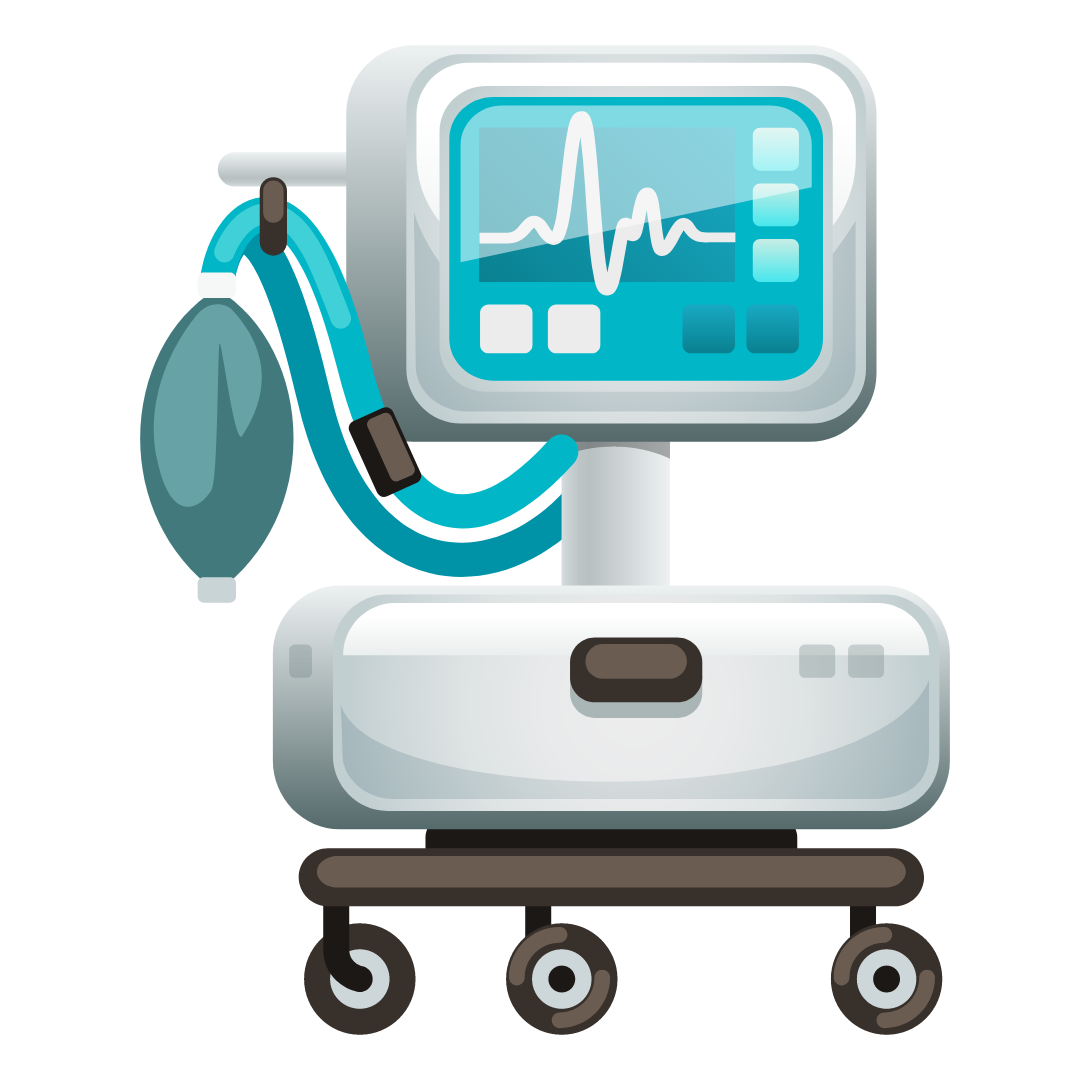https://www.govinfosecurity.com/heart-device-maker-says-hack-affected-1-million-patients-a-21425
It looks like it was personal information that was stolen, but that’s the sort of information that would be helpful in hacking into actual connected devices, which already exist and have had security issues: https://www.ahajournals.org/doi/10.1161/CIRCULATIONAHA.118.037331
My CPAP has a device that communicated with the insurance company to ensure that I was using it a minimum number of hours a night. Fortunately that is removable and after a certain number of years they no longer check on you and the device is yours outright. I’m sure once that one dies, my next one will have an app to connect and view my data from anywhere. Not sure if I’ll be enabling that feature. Anyone else have any connected medical devices?

